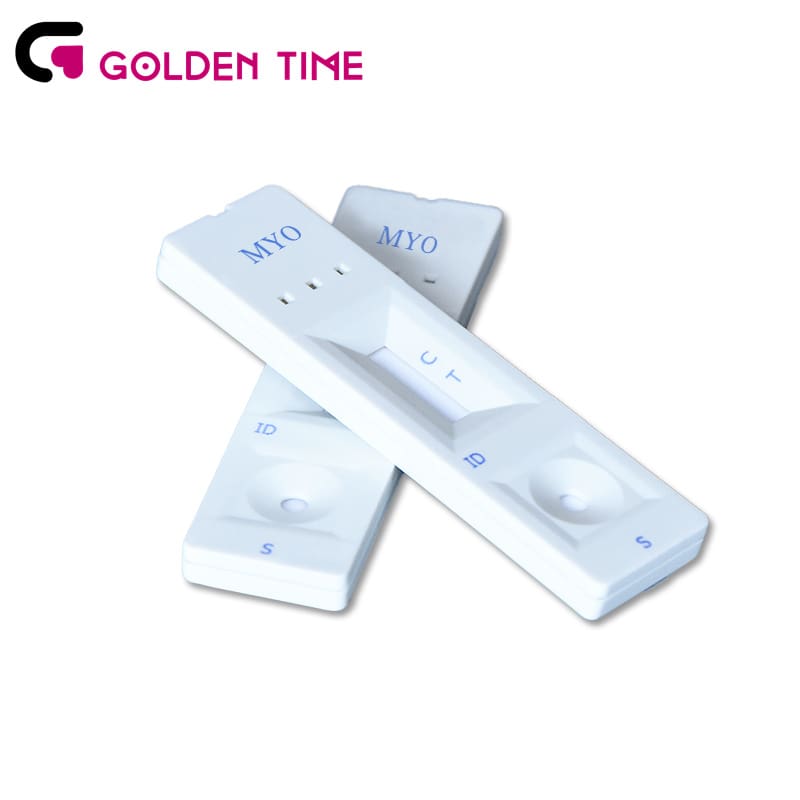Nov . 13, 2024 09:58 Back to list
best test hepatitis b
Understanding the Best Tests for Hepatitis B
Hepatitis B is a viral infection that attacks the liver, leading to both acute and chronic diseases. This infection, caused by the Hepatitis B virus (HBV), poses significant health risks, including cirrhosis and liver cancer. With millions affected worldwide, early detection and accurate diagnosis are crucial for effective management and treatment. This article will explore the best tests available for diagnosing Hepatitis B.
Understanding the Best Tests for Hepatitis B
Following the HBsAg test, the next significant marker to check is the Hepatitis B surface antibody (anti-HBs) test. This test determines whether a person has cleared the virus and has developed immunity to Hepatitis B, either from a past infection or vaccination. A positive anti-HBs result, along with a negative HBsAg result, indicates successful recovery from the infection and immunity.
best test hepatitis b

Another important test is the Hepatitis B e-antigen (HBeAg). This protein indicates active viral replication and is often used to assess the infectiousness of the person. A positive HBeAg result implies that the virus is actively multiplying, which can lead to a higher risk of transmission. Monitoring this marker helps guide treatment decisions.
In addition to these tests, the Hepatitis B viral load test, or HBV DNA test, is crucial for individuals diagnosed with chronic Hepatitis B. This test measures the amount of Hepatitis B virus in the blood, providing insight into how actively the virus is replicating. Understanding the viral load helps healthcare providers determine the urgency of treatment and monitor the effectiveness of any prescribed antiviral medications.
Liver function tests (LFTs) also play a role in managing Hepatitis B. While they do not specifically diagnose the infection, they provide information on the liver's health and its ability to perform essential functions. Elevated liver enzymes in LFTs can indicate liver inflammation or damage, which can occur in cases of chronic Hepatitis B.
In conclusion, early and accurate testing for Hepatitis B is essential for effective management. The combination of HBsAg, anti-HBs, HBeAg, and HBV DNA tests provides a comprehensive understanding of an individual's infection status, viral replication, and potential need for treatment. Those at risk or experiencing symptoms related to liver health should consult a healthcare provider about getting tested. Timely diagnosis and intervention can significantly improve outcomes and prevent the progression of Hepatitis B-related complications, ultimately leading to better quality of life and health.
-
Highly Accurate hCG Pregnancy Test Strips - 5 Min Results
NewsAug.02,2025
-
Premium Empty ABS Plastic Cassettes: Durable & Lightweight Storage
NewsAug.01,2025
-
Accurate Cocaine (Coc) Rapid Test Kit | Fast & Reliable Detection
NewsJul.31,2025
-
Accurate HCG Pregnancy Test Strips | Fast Home Use Kit
NewsJul.31,2025
-
Reliable Early Pregnancy Test Kit Supplier - Multi Plastic Cassette Options
NewsJul.30,2025
-
Transferrin Rapid Test Cassette – Reliable Tumor Marker Detection
NewsJul.29,2025

